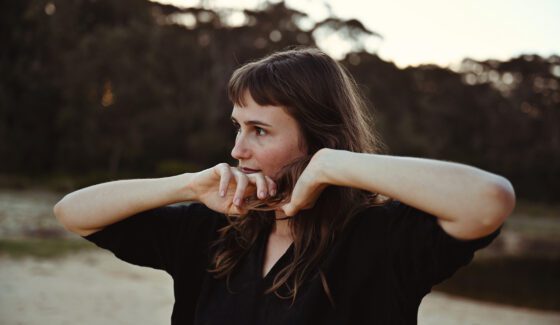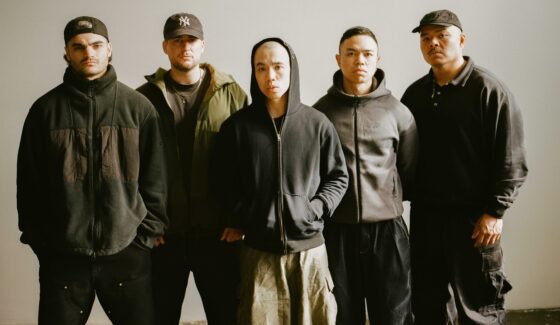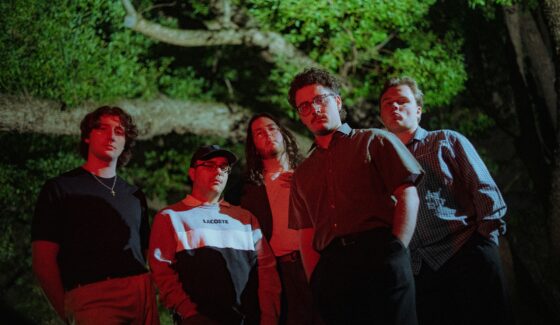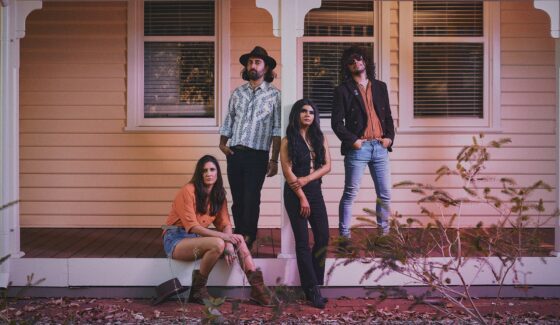Maver Shares His Top 5 Experimentations in Music
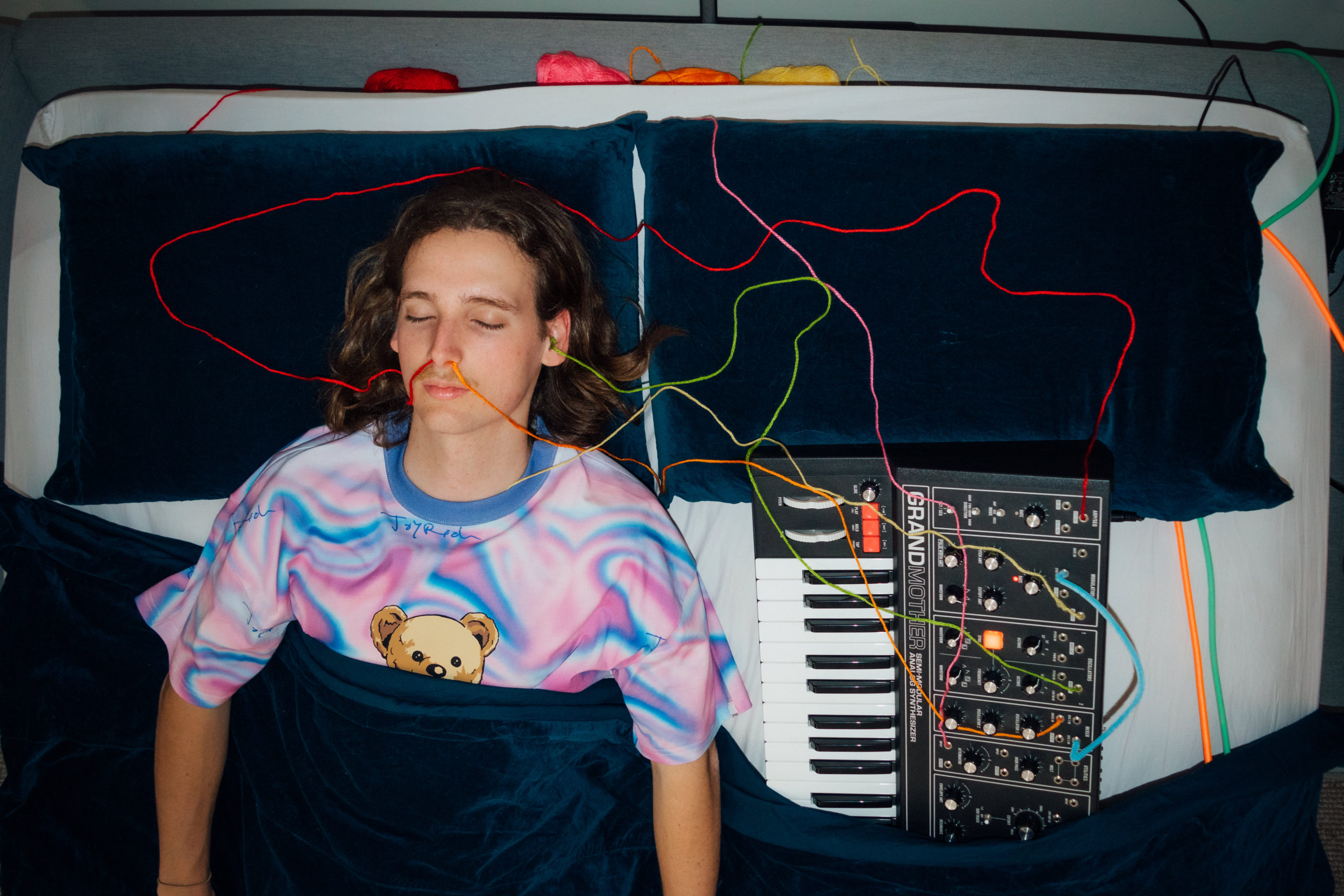
Boorloo/Perth-based electronic artist Maver has just returned with his silky new offering ‘Scratches‘ – produced by the artist himself, mixed by Lee Buddle (Gurrumul Yunupingu) and mastered by Wayne Sunderland (What So Not, Dom Dolla, Young Franco). The single is accompanied by the announcement of his debut EP ‘MAVER‘ – due out Friday, December 2, which will also feature previous critically praised single ‘Close Enough‘. To learn a little more about Maver, today he has shared with us his top 5 creative experimentations.
Do the opposite
If you’re a person that generally loves to start with a melody when writing a song, scrap that and try the reverse. Maybe start with rhythm or drums if you normally write on something tonal or start with some interesting chords or a theme/story if you prefer to start with percussion. For me, I tend to start writing with a chord progression or find an interesting instrument, but if I am struggling to come up with inspiration or want to experiment, I will start with drums first or scroll through a sample pack to see if something will spark some inspiration.
Dare to suck, but with a twist
Legendary rock member Steven Tyler (Aerosmith) had a method he brought to his band that surrounded the idea of bringing a ‘terrible’ idea from one person each and they would have their own listening party to play to each other each week. The concept around this would be that 9/10 of these ideas would be terrible but there may be that one idea that sticks (which was their song ‘Love in an Elevator’).
I have my own version on dare to suck, where I will sort through some song ideas I have made, place them in a folder called ‘protect your ears’ and leave it untouched for a month or two. After the times passed, I will have my own listening party to myself or send them to some of my friends to see if any of those ideas were actually okay and not suck-y to then work on. The thing I love about this process is that it allows for your ears to reset and approach your ideas with a fresh perspective to then work and develop into something more.
Push things to the extreme
Manipulating sounds is one of my favourite things to do when making music that generally drives most of my creative process in general. Being able to make a sound no-one has heard before through experimentation is a really cool feeling and something that inspires me to make more. I like to try and throw sounds through extreme situations to see if I can make a sound even more interesting than it may already be. An example of this is to try warping a vocal sample by maxing out the amount you can stretch the sample to slow it down, which generally makes some really interesting artefacts to then cut up and try resampling and stretch out even further. I find trying to push a part of an element to its extreme sometimes is that bit of the puzzle that I hadn’t been able to find when writing.
Change your scene
This may be a something that some people do instinctively or have worked into their own work process, but I often find myself just working from my bedroom studio and feeling a bit like a hermit. For being creative, I find either moving to another room with my laptop with a set of headphones, going to a friend’s place or somewhere with a nice view sparks some inspiration. This allows for being able to try use your new environment to experiment with your music, whether that’s record a sample in a different place or try and make some chords that you think would fit within the environment you’re in.
Set a timer
One process I tend to do quite often when I want to come up with some creative song ideas quickly is to set a timer when being creative. Often, I will become so fixated on one idea for many hours for it to then eventuate into something that really wasn’t so good. Something that I have learnt from going on writing camps with other artists is that being quick and spontaneous can generate amazing results with a bit of pressure. What I like to do whether I’m in the mood for just being creative, coming up with some song ideas or needing to just get a burst of creative energy out is to set a timer for 20 minutes at a time and try and churn out an idea in this short amount of time. This can include going through a sample pack ahead of time, finding some interesting sounds and trying to manipulate one for 20 minutes and then move onto the next. The thing about this process is you need to be strict with sticking to the end of that 20 minutes or else you may find yourself getting stuck in the music writing rabbit hole again. I find this strategy works really well in groups or if you’re creatively stuck when writing with another person you haven’t worked with before.
Maver’s latest single, Scratches is available now, everywhere.


